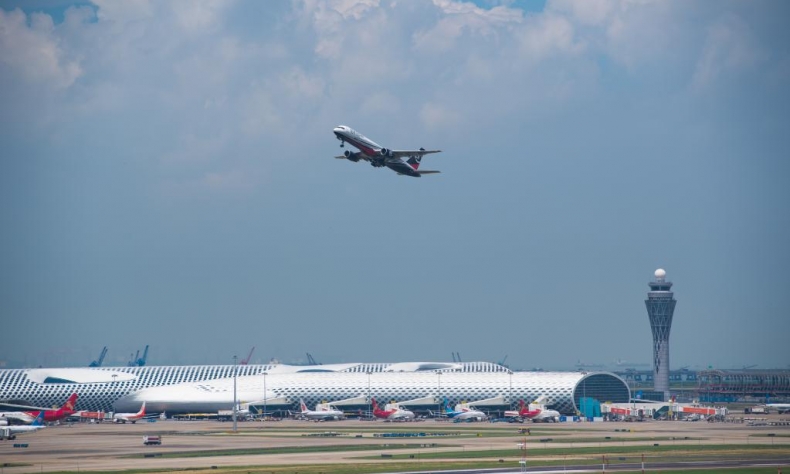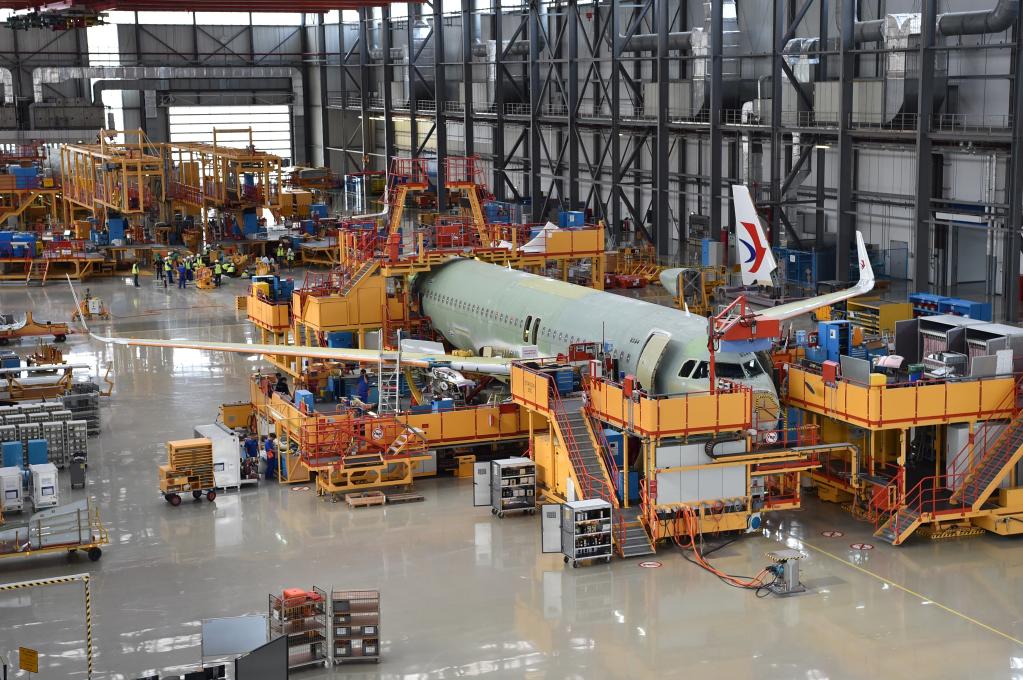Getting Things off the Ground

Putting aside political factors, business is business and Boeing needs to gear up and improve its safety culture as soon as possible; otherwise nothing will get off the ground.
In just one single day, China’s “Big Three” state-owned airlines ordered 292 A320neo passenger jets from European multinational aerospace corporation Airbus, with a total value of $37.257 billion. Airbus’s longstanding rival American Boeing Company was deeply disappointed, stating it believes “geopolitical differences” between the U.S. and China have hurt the company’s business prospects.
This statement is both right and wrong. When former U.S. President Donald Trump visited China in 2017, one of his proudest achievements was to bring home an order for 300 Boeing 737 series airliners; an order marking the last large purchase deal. In 2019, Boeing’s reputation suffered immensely after two of the company’s 737 MAX planes crashed within five months of each other; and orders stopped coming in like they used to. In the 2021 fiscal year, Boeing, which used to be ahead of the competition, delivered 340 planes, while Airbus delivered 611. That gap is still widening today.
China has always been one of Boeing’s largest overseas markets. According to data compiled by Beijing Review, there are currently more than 1,100 Boeing 737 series in service in China. But this time, the Chinese market cannot save a wobbling Boeing. On March 21, a Boeing 737-800 of China Eastern Airlines crashed in Guangxi Zhuang Autonomous Region, killing all 133 people on board. Although the cause of the accident is still under investigation, public concern about the Boeing 737 series is difficult to dispel overnight, and it would be unwise for airlines to continue purchasing the company’s jets.
On the other hand, the deterioration of Sino-American relations did negatively impact Boeing’s sales. Trust between China and the U.S. has declined sharply in recent years as the U.S. launched a trade war against China, increased its technology blockade and sanctioned a large number of Chinese companies. Since Joe Biden took office in early 2021, the new administration’s China policy is basically a continuation of Trump’s confrontational thinking. And with unstable bilateral relations come huge uncertainties both for Chinese airlines and American aircraft manufacturers. Under these circumstances, the temporary suspension of cooperation may reveal more of a tacit understanding between both countries’ enterprises.

As the world’s largest developing country, the third largest country by land area and a market with a population of more than 1.4 billion people, China’s civil aviation industry still features vast space for development. The country’s civil aviation sector handled 660 million passenger trips in 2019—a historical peak. But as the number apparently included many frequent flyers, it actually conveyed there were, as of that time, still nearly 1 billion people in China who had never been on a plane.
Wang Ya’nan, Editor in Chief of China’s most popular science magazine Aerospace Knowledge, pointed out on social media that in the next 15 years, China may need 5,000-6,000 large passenger planes. At the same time, the turnover rate of jets in Chinese aviation is relatively high. Estimates show that the number of passenger jets purchased by China every year will be around 400.
Although China has developed its own domestic large passenger aircraft, the C919, this undertaking still requires more testing given the jet had completed only 34 certification tests out of 276 planned as of late 2021.
So it seems that for the foreseeable future, Boeing and Airbus aircraft will still be the primary planes roaming Chinese skies.
No enterprise wants to miss out on an opportunity, let alone a big one. This is another important reason why American companies, including Boeing, have been actively calling on the Biden administration to improve its relations with China: China’s development will benefit the whole world.
Putting aside political factors, business is business and Boeing needs to gear up and improve its safety culture as soon as possible; otherwise nothing will get off the ground.
 Facebook
Facebook
 Twitter
Twitter
 Linkedin
Linkedin
 Google +
Google +










